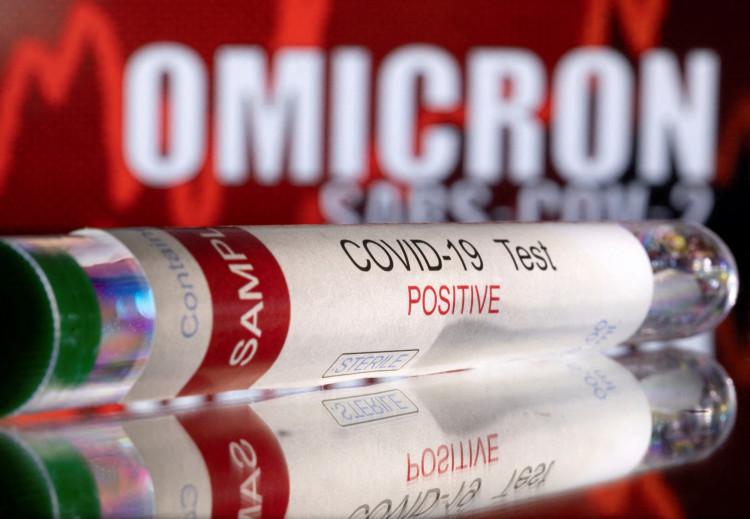There is a "very high" chance that the COVID-19 Omicron variant would become prevalent in Europe by early 2022, resulting in an increase in hospital admissions and fatalities, the European Union's public health agency warned on Wednesday.
According to the European Centre for Disease Prevention and Control (ECDC), immunizations alone will be unable to stem the spread of the Omicron strain. The FDA has called for "bold action" after raising the virus strain's risk rating to a level of concern.
The ECDC advised that non-pharmaceutical interventions must be enhanced "immediately," since Omicron is expected to overtake Delta as Europe's main variant during the first two months of 2022.
"Vaccination alone will not avert the impact of the Omicron variant in the current situation, since there will be little time to fill remaining vaccination gaps," Andrea Ammon, director of the ECDC, said in a statement.
The ECDC pointed out that without additional steps to restrict social interaction and greater booster vaccinations, transmission levels could overwhelm healthcare facilities.
European Health Commissioner Stella Kyriakides stated that EU member states should begin planning for expanded health care capacity immediately.
The ECDC has advocated for the resumption of mask use, hand sanitization, remote work, and limits in crowded areas to aid in the virus's containment.
Kyriakides said Omicron is a "serious threat" that "will almost certainly become the dominant strain by the start of the new year.
The ECDC added that booster doses would strengthen protection, with a greater benefit if doses were given to the adult population within a short interval.
Kyriakides predicted that the coming months would be challenging, with Omicron expected to arrive in a massive wave, but with boosters acting as a "wave-breaker."
While more than 66% of Europeans had received their initial vaccinations, Kyriakides said it was "extremely concerning" that several countries, including Romania, Bulgaria, and Slovakia, were falling behind with vaccination rates below 50%.
Meanwhile, France has begun enforcing new restrictions in the fight against COVID-19, which means that those aged 65 and over would lose their health card validity unless they receive a third jab.
The permit, which was launched in the summer, requires full immunization against the disease, as well as a recent recovery or negative test, before entering any restaurant or cafe, traveling by intercity rail, or visiting cultural places.
France has already administered about 16 million booster vaccines and is optimistic that it will reach its target of 20 million by Christmas.





